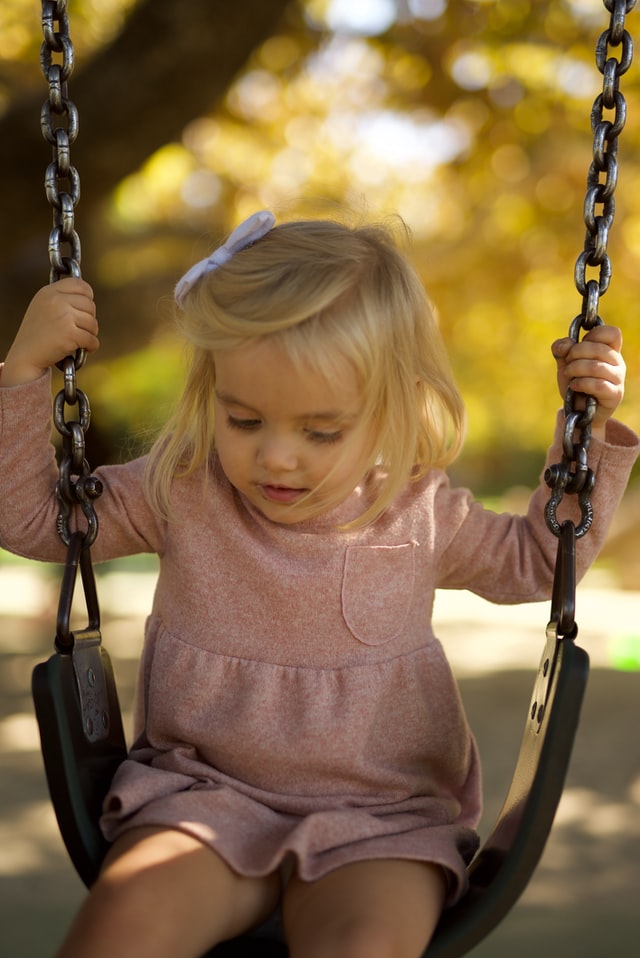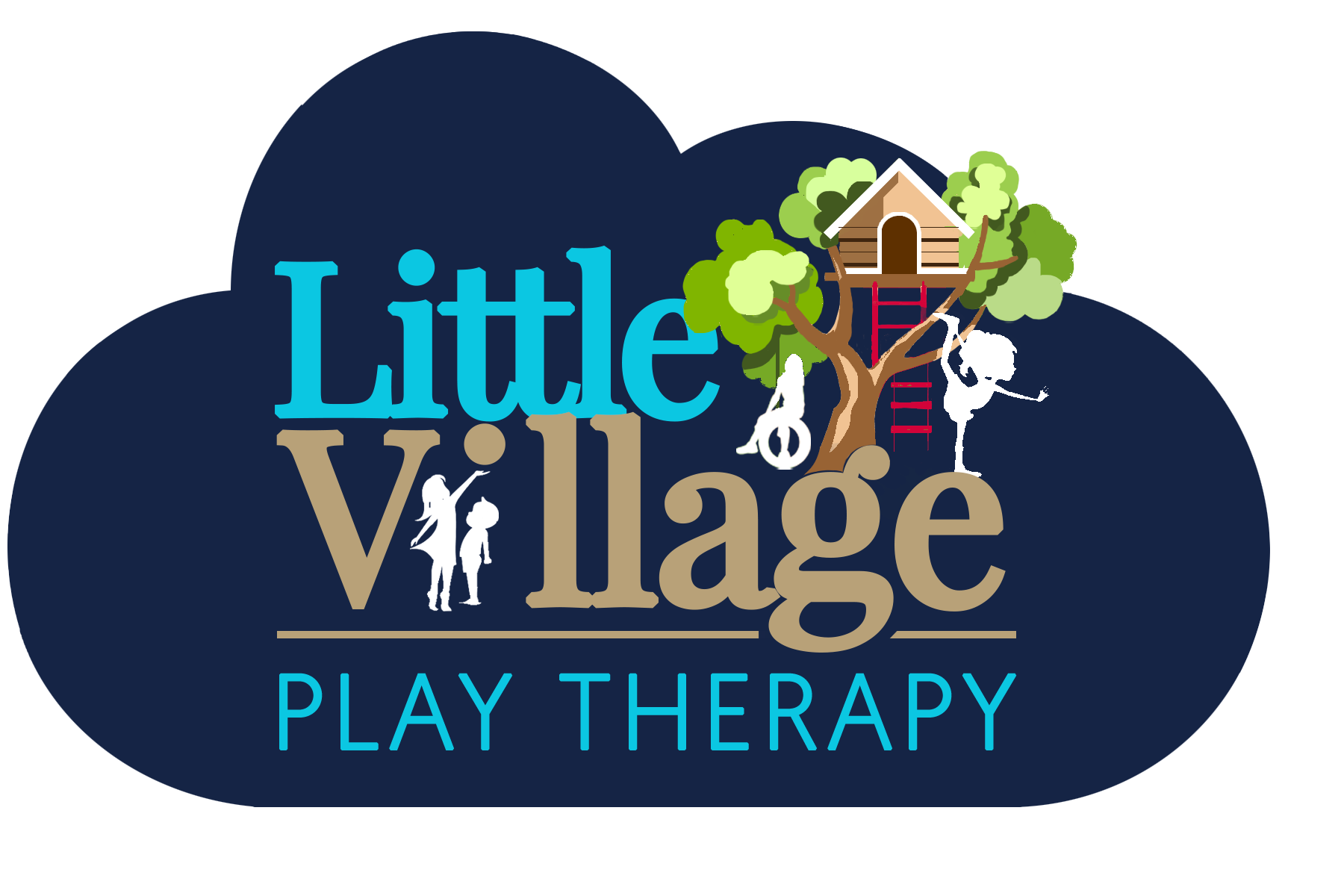What is Play Therapy?

Play is the natural language children use to communicate and is essential to their healthy development. It provides a developmentally appropriate way of expressing their thoughts and feelings. Play also provides children with a platform to explore relationships, make sense of experiences, and develop new coping strategies.
In the play room, with the support of a caring and trusted therapist, a child uses the toys and other material provided to express their inner world.
There are many modalities of play therapy, however the methods used at Little Village Play Therapy are Synergetic Play Therapy and AutPlay Therapy. My work is also influenced by NSST (Neuroscience and Satir in the Sand Tray) a model of play therapy developed by my mentor and internationally known play therapist, Dr. Madeleine DeLittle.
Synergetic Play Therapy (SPT)
Synergetic Play Therapy (SPT) is a researched-informed model of play therapy grounded mainly in neuroscience, attachment theory, mindfulness and therapist authenticity.
SPT is a therapy model that allows the therapist to connect with the child and support them through whatever challenge they may be experiencing at a deeply authentic level.
Using the toys the child expresses their feelings/emotions and the therapist is able to model new ways of regulating or overcoming the challenge, which creates new neuropathways in the brain.
For more information on SPT please visit www.synergeticplaytherapy.com
NSST
NSST is a model of play therapy developed by Dr. Madeleine De Little which combines Traditional Sand Tray Therapy, Transformational Systemic Therapy, and Neuroscience.
"With the development of a strong therapeutic relationship children use the toys as metaphors for their feelings and experiences and are able to recognize the special gifts of his/her presenting defensive behaviours. With the support of the therapist the child is then able to transform these no-longer useful defiance/coping states into a more integrated/balanced authentic self" (Where Words Can’t Reach, p.4, 2019).
For more information on NSST please visit www.nsstinstitute.com
* Note: Play therapy (NSST and SPT) are effective intervention strategies with children and youth.
AUTPLAY
Autplay Therapy was created by Dr. Robert Jason Grant. It is a neurodiversity affirming framework for implementing play therapy. The AutPlay framework is neurodiversity paradigm informed and designed to help child and play therapists address the mental health needs of neurodivergent children and youth including but not limited to, Autism, ADHD, social anxiety, sensory differences, learning differences and developmental and physical disabilities.
For more information about AutPlay please visit www.autplaytherapy.com
Little Village Play Therapy
CLIENT FORMS
Little Village Play Therapy
RATES/FEES
At Little Village sessions are 50mins in length and the fee per session is $130.
Amy also offers Caregiver Consultations to provide additional education and strategies to caregivers who feel they would benefit from additional support. Further details about caregiver consultations, including the length of sessions offered and fees charged, will be discussed during the intake process.
Payment can be made via cash, cheque or etransfer (littlevillageplaytherapy@gmail.com). If you are unable to make it to your scheduled appointment, 48 hour notice is required to avoid being charged.
Amy is also a registered counsellor with the Criminal Victim Assistance Program (CVAP) and is happy to discuss what information is needed to ensure you receive any benefits this program may offer. Please let Amy know if you have a file with CVAP during the intake process. In addition to CVAP, Amy is open to working with other third party funding options in order to help make her services accessible. If this applies to you, please don't hesitate to inquire about this during the intake process.
Clinical Consultation
Clinical consultation allows therapists to connect in an authentic way which often results in growth and empowerment. Amy has many years of experience working with children and families in multiple settings and she is a Synergetic Play Therapy Supervisor. She offers single session consultations as well as ongoing consultation to play therapists or clinical counsellors working with children, teens or families.
If you are a therapist and you want to set up consultation sessions please contact Amy for more information at littlevillageplaytherapy@gmail.com
Little Village works with these
PRACTICE AREAS
Trauma
including any form of abuse or neglect, being subject to intense and invasive medical procedures, natural disaster, grief and loss, illness.
Emotional regulation
including the ability to manage and communicate feelings of anger and aggression, excessive fear and worry, big feelings of sadness or depression, ADD/ADHD and other neurobiological disorders or sensory processing disorders, lack of body awareness.
Difficult life changes
including a change in living situation or being removed from a primary caregiver, a divorce or separation, or the loss of a loved one.
Complex family dynamics
including blended families, a family member who struggles with addiction or mental health concerns.
Social skills
including having difficulty making friends, isolation, increasing self-esteem and confidence, difficulty at school or in other social settings
I want your child to know that when they come into the playroom they can show up just the way they are
ABOUT
I work with children who are experiencing difficulty in the following areas, although this list is not exhaustive:
- Trauma
- Emotional regulation
- Difficult life changes
- Complex family dynamics
- Social skills

© 2022 | Little Village Play Therapy. All rights reserved.